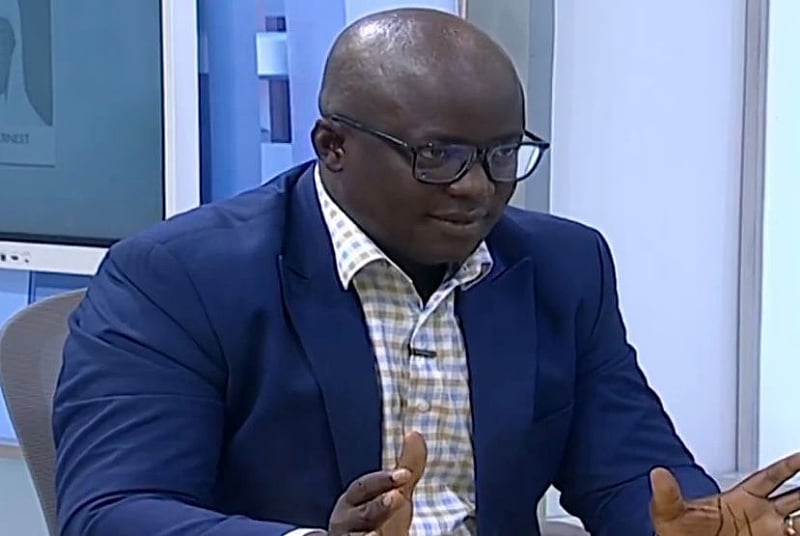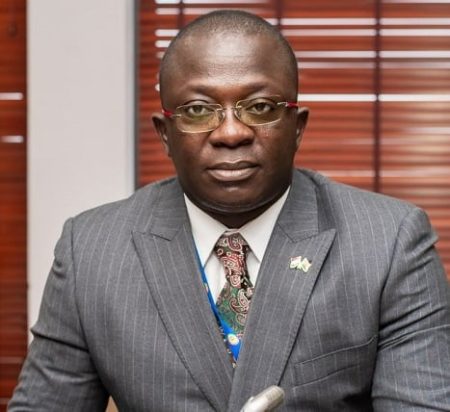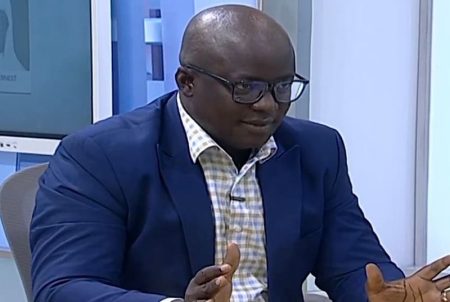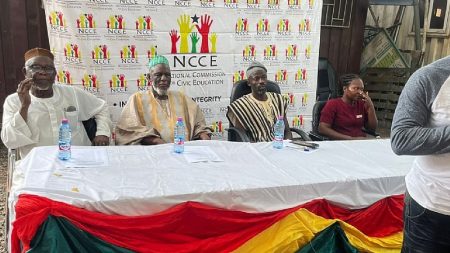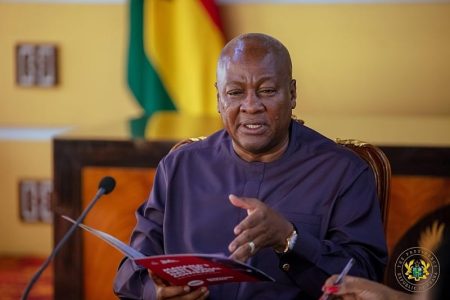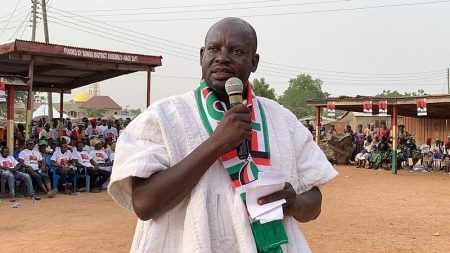The arrest of Ashanti Regional New Patriotic Party (NPP) Chairman, Bernard Antwi-Bosiako, better known as Chairman Wontumi, by the Economic and Organised Crime Office (EOCO) has sparked controversy and allegations of political motivation. Dr. Joshua Jebuntie Zaato, a senior lecturer at the University of Ghana and policy analyst, has vehemently criticized the arrest, framing it as a politically charged act of retribution by the ruling National Democratic Congress (NDC) against its political opponents. Wontumi’s detention, which followed questioning by the Criminal Investigations Department (CID) regarding alleged illegal mining activities, involved being held at EOCO offices for over five hours before being taken to the hospital, further fueling Dr. Zaato’s concerns about the government’s use of state power to target political adversaries.
Dr. Zaato’s critique centers on what he perceives as a disturbing pattern of “equivalency politics,” where the incumbent NDC government seemingly replicates the actions of its predecessor, the NPP, under the pretense of accountability. He argues that this approach merely perpetuates a cycle of political vengeance rather than fostering genuine accountability and reform. Referencing comments made by a government official, presumably Dr. Tanko-Computer, Dr. Zaato highlights the justification being used for the current actions – that similar actions were taken against NDC appointees under the previous administration. This “tit-for-tat” approach, Dr. Zaato contends, undermines the NDC’s promise of a “reset” and a departure from the practices of the previous government. He questions why the NDC is seemingly intent on replicating what he views as the negative aspects of the NPP’s tenure, rather than striving for a higher standard of governance.
Dr. Zaato underscores the importance of distinguishing between genuine accountability and politically driven vengeance. While he welcomes the scrutiny of government appointees and their being held responsible for their actions, he expresses concern about the underlying motivation behind the current wave of investigations and arrests. He fears that the focus on retribution risks undermining the integrity of institutions and eroding public trust. He argues that pursuing justice should be about upholding the rule of law and strengthening democratic principles, not about settling political scores or silencing dissent. The pursuit of accountability, he emphasizes, should be driven by a commitment to fairness and justice, not by a desire for revenge.
The core of Dr. Zaato’s argument lies in his concern for the future of Ghana’s political landscape. He questions whether the current approach will truly contribute to a more just and equitable society or merely perpetuate a cycle of political animosity. He worries that the pursuit of vengeance will further deepen political divisions and undermine efforts to build a more cohesive and unified nation. He calls for a more principled approach to accountability, one that prioritizes fairness, transparency, and due process. He emphasizes the need to move beyond the politics of retribution and embrace a politics of reconciliation and reform.
Dr. Zaato’s critique extends to the NDC’s campaign promise of a “reset” in governance. He argues that the current actions, particularly the handling of Chairman Wontumi’s case, contradict the promise of a new era of accountability and transparency. By resorting to what he sees as politically motivated arrests and detentions, the NDC government, according to Dr. Zaato, risks replicating the very practices it criticized during its time in opposition. This, he contends, not only undermines the government’s credibility but also perpetuates a cycle of political vindictiveness that ultimately damages the country’s democratic institutions and erodes public trust.
In essence, Dr. Zaato calls for a fundamental shift in the approach to accountability in Ghana. He advocates for a system that is rooted in justice, due process, and the pursuit of truth, rather than one driven by political expediency and a desire for revenge. He urges the NDC government to live up to its promise of a “reset” and to establish a new standard for governance – one that prioritizes the rule of law, strengthens democratic institutions, and fosters a more just and equitable society for all Ghanaians. He believes that only through such a transformative approach can Ghana break free from the cycle of political retribution and embark on a path of genuine progress and national reconciliation.





